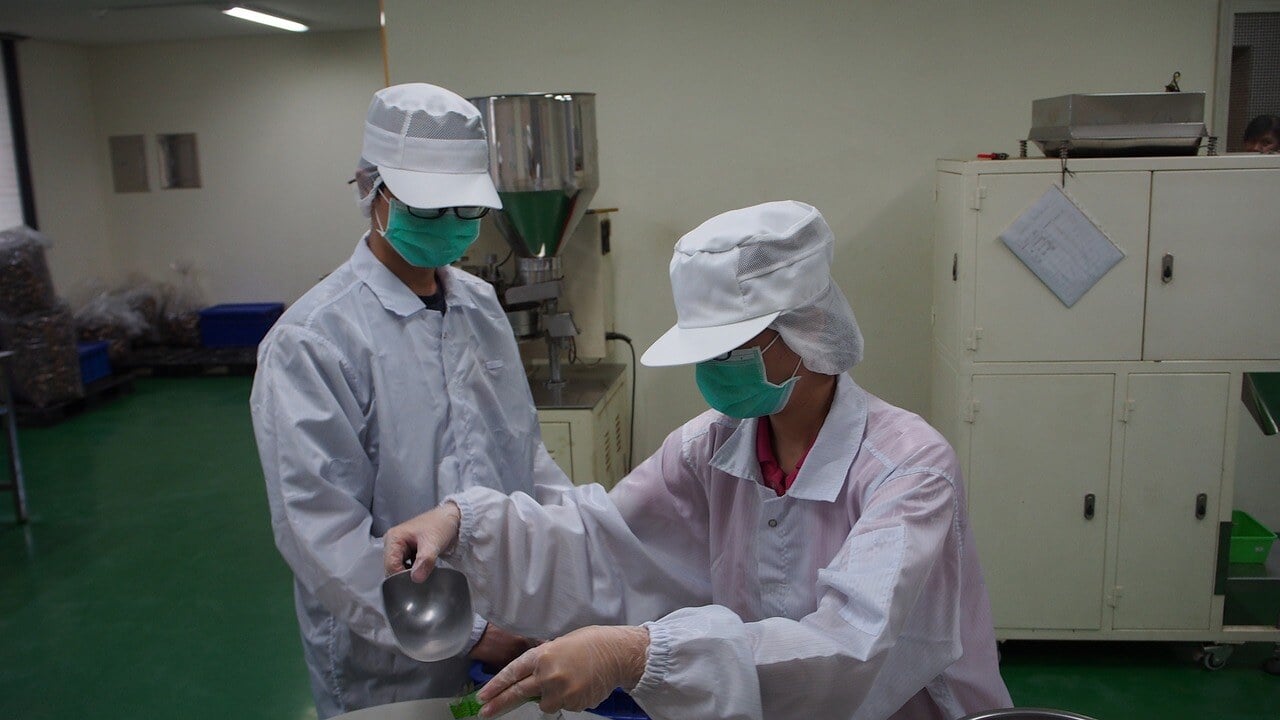
What You Need to Know About Commercial-Grade Food Processing Floors
Any flooring used in a kitchen, storeroom, bakery, or factory that processes food or drink needs to be durable, chemically resistant, easy to clean, and slip-proof. Food processing is intense and can quickly wear away less sturdy flooring through foot traffic, acidic spills, and accidental impacts.
Commercial-grade painted screeds are great for meeting all of these criteria and more. They're the first choice for companies looking for high-friction, attractively coloured, cost-effective, high-resistance surfacing. Screeds are long-lasting, too, with average floor lifespans of seven to twelve years. You can extend the working life of your screed even further with regular checks, repaints, spot repairs, and varnishes.
What Is Commercial-Grade Screed Flooring Made Of And How Does It Work?
The overwhelming majority of professional food processing floors are paint-on polyurethane over smoothed concrete. Polyurethane (PEu) resin is made out of a mix of hard-wearing, quick-set synthetics and moldable plastics, with colour pigments added for style. It can also be mixed transparent and applied as a post-process to some other types of flooring.
The poured resin surface forms a single, seamless layer, free of cracks, pits, and ridges. This shielding effect helps prevent the vulnerable concrete underneath from being damaged and scraped by footfall, waste particles, and vehicles. The high-friction finish helps prevent accidental trips, falls, and spills.
Better Hygiene Through Healthy, Safe Screed Floors
Why is it so important to have a seamless, hard-wearing PEu floor in place beneath where you're preparing or storing food? The answer is maintaining hygiene standards - specifically, avoiding long-term food particle build-up. As your staff work, microparticles of food inevitably form and flake off. These crumbs drift down onto the floor, providing an attractive food source for bacteria and larger pests. As time goes by, large deposits will form in corners, depressions, and cracks.
While a daily wipe and disinfect might catch most food waste, cracked and pitted floors tend to trap the escaped material permanently. This encourages bacterial colonies, mould, and further wear, degrading the quality of your workspace and spreading pathogens. PUe screed flooring avoids these risks by creating a flawless layer than can be used to cover over pre-existing faults and ridges in your base flooring. It's also naturally antiseptic and is resistant to ingraining, creating an easy-clean environment to aid sterilisation.
Screed Floors From Central Flooring
Central Flooring are professional suppliers of high-quality resin flooring to the food processing sector.
Get in touch today for a free, personalised assessment and quote.
Image Source: Pixabay


